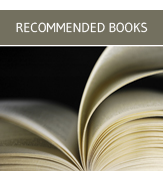Novellas, Novelettes, and other brief reads
Our staff is back with more books to add to your lengthy reading lists. This time, the theme is short works, about 150 pages and often far less—models of the "vigorous compression" (Brander Matthews) that defines fine works of short fiction and nonfiction.
We asked members about their favorite brief reads in the July e-news, and the results are below.
A few years ago, I spent a summer reading only short books that I picked completely at random from the Library shelves. I hit on some truly entertaining titles, both fiction as well as non-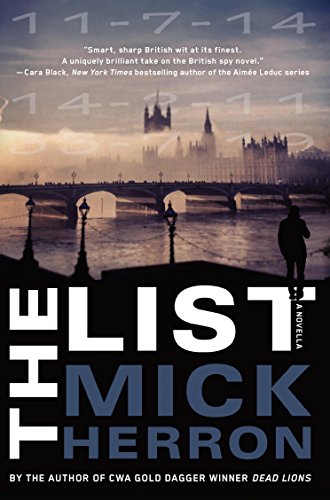 fiction, that also covered a lot of territory geographically. I enjoyed mysteries like Mick Herron’s The List (Great Britain) and Ethel Lina White’s The Lady Vanishes (train travel). Nastassja Martin’s In the Eye of the Wild (Russia) and Paolo Cognetti’s Without Ever Reaching the Summit (Nepal) satisfied the adventure & life-changing non-fiction spot. In the science fiction/fantasy category, I recommend Rachel Ingalls’ Mrs. Caliban (California suburbs.) I didn’t realize I would be hitting the Himalayas again when I picked out W.E. Bowman’s The Ascent of Rum Doodle, a satire of mountaineering culture. And for pure genius, I’ll read anything by Olivia Laing, including her first novel, Crudo, a 140 page marvel that channels the life of artist Kathy Acker. –Carolyn Waters, Head Librarian
fiction, that also covered a lot of territory geographically. I enjoyed mysteries like Mick Herron’s The List (Great Britain) and Ethel Lina White’s The Lady Vanishes (train travel). Nastassja Martin’s In the Eye of the Wild (Russia) and Paolo Cognetti’s Without Ever Reaching the Summit (Nepal) satisfied the adventure & life-changing non-fiction spot. In the science fiction/fantasy category, I recommend Rachel Ingalls’ Mrs. Caliban (California suburbs.) I didn’t realize I would be hitting the Himalayas again when I picked out W.E. Bowman’s The Ascent of Rum Doodle, a satire of mountaineering culture. And for pure genius, I’ll read anything by Olivia Laing, including her first novel, Crudo, a 140 page marvel that channels the life of artist Kathy Acker. –Carolyn Waters, Head Librarian
The House on Mango Street | Sandra Cisneros
This just-over-100 page coming-of-age classic is one of my favorite books of all time – always an easy reread for me. It follows a 12-year-old girl, Esperanza Cordero, growing up in an impoverished Chicago neighborhood with big dreams and reflections that always make me connect to her as a fellow dreamer. The book is notable for themes of sense of self and place, but also darker themes such as racism, domestic violence, and sexism. –Marialuisa Monda, Events Assistant
Beethoven: Variations on a Life | Mark Evan Bonds
Mark Evan Bonds’ Beethoven: Variations on a Life was the first book I’d read about the icon of classical music for at least twenty years. I found it an excellent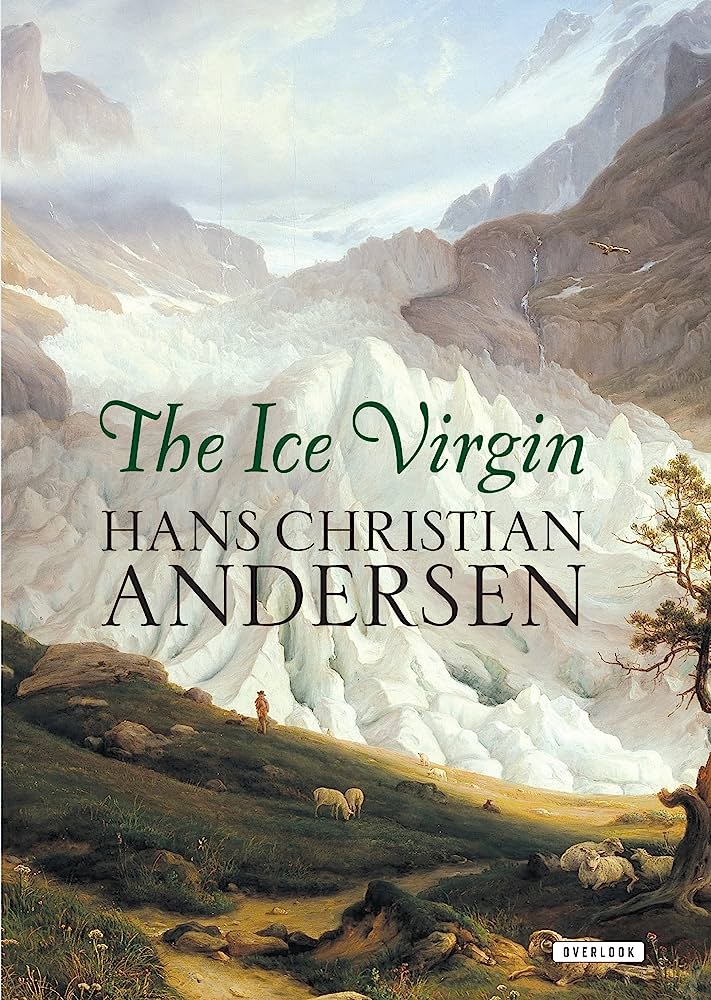 refresher on the broad strokes of his remarkable life and an accessible, friendly perspective on the many myths surrounding the man and his music. Why does he always scowl? How did he find inspiration for so many forms and genres, from “Für Elise” to Fidelio? What’s up with that “Immortal Beloved” thing? It’s all economically addressed here. Bonds also offers a new (to me) foundational concept for more informed listening – rooting Beethoven’s output and philosophy in the fruitful concept of “variations” on all levels. Pick this up before your next concert for a quick read packed with insight.
refresher on the broad strokes of his remarkable life and an accessible, friendly perspective on the many myths surrounding the man and his music. Why does he always scowl? How did he find inspiration for so many forms and genres, from “Für Elise” to Fidelio? What’s up with that “Immortal Beloved” thing? It’s all economically addressed here. Bonds also offers a new (to me) foundational concept for more informed listening – rooting Beethoven’s output and philosophy in the fruitful concept of “variations” on all levels. Pick this up before your next concert for a quick read packed with insight.
A shout-out also to two short volumes (for grown-ups!) by Hans Christian Andersen, in outstanding modern translations by Paul Binding: The Ice Virgin: A Novella and A Story from the Dunes and Other Tales. I wrote more about Andersen and his works short and long in this blog post. –Sara Holliday, Head of Events
Different for Boys | Patrick Ness
I’ve enjoyed Patrick Ness’s full-length novels, and this shorter one did not change my opinion of the strong caliber of his award-winning writing. The brief story (under 100 pages, including a scattering of pencil illustrations by Thea Bendix) concerns a group of four high school boys reuniting in a classroom in the fall. Two hung out over the summer, but the others are reestablishing their relationships to each other. As the boys discuss (or dodge around) their summer exploits, Ness has purposefully redacted any offensive language, which only makes it all the more curious. Book banning is on the rise nationwide and this title creatively hides the blue language that would raise the red flags, but the story is still there. Spend a few hours with this tale and see what you think about how it was told. –Susan Vincent Molinaro, Children's and Young Adult Librarian
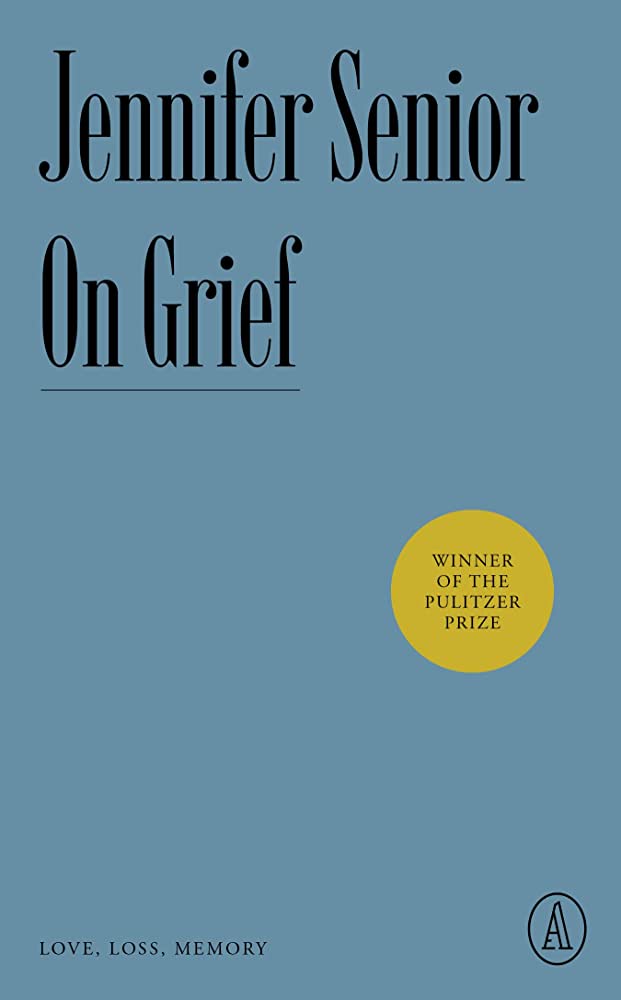
This short book began as a Pulitzer Prize-winning article published in The Atlantic in 2022, and it packs a powerful punch in only 71 pages. Jennifer Senior interviewed the McIlvaine family, who lost a loved one on September 11th, and On Grief explores how family members are doing 20 years after the tragic events of that day. There are many things to marvel at: how the people in this family grieved differently, remembered the same events differently, and most poignantly, how an innocent, well-meaning, attempt to comfort and console badly backfired at a time when they all needed one another. I also admire how the family agreed to be so open and candid. I believe it is impossible to read this book and not be moved. -Susan Chan, Circulation Assistant/Books by Mail
Grief Is the Thing with Feathers | Max Porter
Its brevity is only one of the strange things about Max Porter’s debut novel, Grief is the Thing with Feathers. Opening the book to any of its pages reveals only more strangeness. Its text sometimes weaves around the page like a poem. There are three main narrators, and their sections sometimes resemble lines in a script. One of these narrators is a bird. Amidst all this fractured structure is a similarly fractured family. Our narrators, minus the crow, are mourning their wife and mother, who has died too young and too suddenly. Porter avoids sentimentality as he contrasts the enormity of their grief against the ordinariness of their daily lives. The father is working on a book about Ted Hughes, and the bird is an obvious allusion to Hughes’s poem "Crow," written after Sylvia Plath’s death. But the crow is much more than a literary reference. He serves as a trickster figure, animating the action of a family made static by their misery. Porter has since written more short novels that are also worth investigating including Lanny and Shy, but his debut may be the best of them. And if you enjoy the odd structure and deliberate word choice employed here by Porter, you might also enjoy Jenny Offill’s novels, including Dept. of Speculation and Weather. -Patrick Rayner, Acquistions/Circulation
Good Morning, Midnight | Jean Rhys 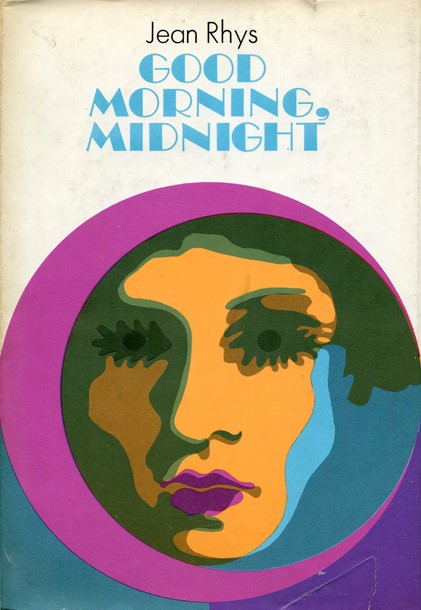
It’s ironic that the epigraph Jean Rhys uses to open her brief, nightmarish novel, Good Morning Midnight, comes from that most virginal of poets, Emily Dickinson. Sasha Jensen, like all of Rhys’ pre-Wide Sargasso Sea heroines, is a fallen woman. They are variations on a theme; Sasha is older than her predecessors and has almost come to the end of her tradeable commodities. Her youth, beauty, and attractive vulnerability are gone, victims of poverty, addiction, and most inescapably, the simple fact of her gender. She goes to Paris on borrowed money for a bit of a rest, but her cheap hotel room and sneering waiters bring back memories of all the humiliations she’s experienced in the past, and point to the degradation that is all she can expect of her future. Despite the horrible bleakness of the subject matter, the book is not entirely depressing. Rhys’ writing is beautifully simple even when describing fevered dreams and alcohol-induced hallucinations. There are moments of very dark humor and Sasha’s grim observations on human nature are startlingly funny—they arise from her paranoia, but that doesn’t make them any less true. Jean Rhys is among the most talented of English authors dealing concisely and devastatingly with the marginalization of women. -Diane Srebnick, Development Assistant
Coming Through Slaughter by Michael Ondaatje is a fictionalized telling of the last months of Buddy Bolden, the New Orleans cornet player who in the late 1890s helped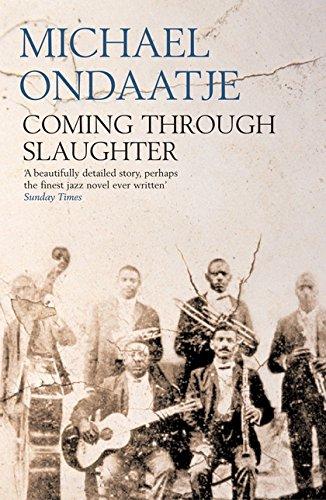 form the music we call jazz. Ondaatje’s fragmented, poetic prose reflects both the exciting new music Bolden is creating as well as his state of mind as schizophrenia takes hold. Another early, excellent, and short Ondaatje work is The Collected Works of Billy the Kid, which I recommended here in this article on Westerns. …Crime novelist Charles Willeford’s memoir I Was Looking for a Street chronicles his years as an adolescent forced by circumstances to ride the rails during the Great Depression. This is honest, straightforward storytelling and Willeford writes with an engaging voice. ...A Month in the Country by J.L. Carr features a WWI veteran hired to restore a mural in a small village church while healing from the war and a failed marriage. Carr’s muted prose—not an unnecessary word in its 111 pages—subtly reveals the fragility of happiness and contentment, how hope and disappointment are inextricably bound, and the healing power of work and art. The long days of a country summer—and their inevitable end—are felt by the reader. (Also recommended: Joseph Roth’s Legend of the Holy Drinker, which I wrote about here; Janet Lewis’s The Wife of Martin Guerre, which I went on about here, and Muriel Spark's The Driver's Seat, which is singuarly disturbing.) -Steven McGuirl, Head of Acquisitions
form the music we call jazz. Ondaatje’s fragmented, poetic prose reflects both the exciting new music Bolden is creating as well as his state of mind as schizophrenia takes hold. Another early, excellent, and short Ondaatje work is The Collected Works of Billy the Kid, which I recommended here in this article on Westerns. …Crime novelist Charles Willeford’s memoir I Was Looking for a Street chronicles his years as an adolescent forced by circumstances to ride the rails during the Great Depression. This is honest, straightforward storytelling and Willeford writes with an engaging voice. ...A Month in the Country by J.L. Carr features a WWI veteran hired to restore a mural in a small village church while healing from the war and a failed marriage. Carr’s muted prose—not an unnecessary word in its 111 pages—subtly reveals the fragility of happiness and contentment, how hope and disappointment are inextricably bound, and the healing power of work and art. The long days of a country summer—and their inevitable end—are felt by the reader. (Also recommended: Joseph Roth’s Legend of the Holy Drinker, which I wrote about here; Janet Lewis’s The Wife of Martin Guerre, which I went on about here, and Muriel Spark's The Driver's Seat, which is singuarly disturbing.) -Steven McGuirl, Head of Acquisitions
Books Recommended by Library Members
- Claire Keegan | Foster (a whopping 10 responses!)
- Claire Keegan | Small Things Like These (4 responses)
- J.L. Carr | A Month in the Country (3 responses + one from a staff member)
- James Baldwin | Giovanni’s Room (2 responses)
- Annie Ernaux | Simple Passion (2 responses)
- Graham Swift | Mothering Sunday (2 responses)
- Alan Bennett | The Uncommon Reader
- Michael Bracewell | Unfinished Business
- Joseph Brodsky | Watermark
- Charlotte Bronte | Mina Laury (included in this collection)
- Thomas Cathcart and Daniel Klein | Plato and a Platypus Walk Into a Bar - : Understanding Philosophy Through Jokes
- Willa Cather | A Lost Lady
- Helen DeWitt | The English Understand Wool
- Mark Doty | Still Life with Oysters and Lemon
- Tony Earley | Jim the Boy
- William Faulkner | “The Bear” (in this collection)
- F. Scott Fitzgerald | The Great Gatsby
- Castle Freeman Jr. | Go with Me
- Nadine Gordimer's short stories (the member singled out "Why Haven't You Written?" in particular, found in this collection)
- Helen Hanff | 84 Charing Cross Road
- Jim Harrison | Legends of the Fall
- Lesley Hazleton | Confessions of a Fast Woman
- Hergé | “any Tintin adventure”
- Henry Hoke | Open Throat
- Tove Jansson | Fair Play
- Somerset Maugham | The Lotus Eater
- William Maxwell | So Long, See You Tomorrow
- Henry Miller | Quiet Days in Clichy
- Toni Morrison | The Bluest Eye
- Irene Nemirovsky | Fire in the Blood
- Katherine Ann Porter | Pale Horse, Pale Rider
- Claudia Rankine | Citizen: An American Lyric
- Georges Simenon | “Any Maigret mystery” (and we have many to choose from)
- John Steinbeck | The Pearl or The Red Pony
- Stefan Themerson | The Mystery of the Sardine
- Colm Toibin | The Testament of Mary
- William Trevor | Nights at the Alexandra
- Ivan Turgenev | Fathers and Sons & First Love
- Eric Vuillard | An Honorable Exit
- Rebecca West | The Return of the Soldier
- Edith Wharton | Ethan Frome & New Year’s Day
- Essays of E.B. White
- Stefan Zweig | Chess Story & The Royal Game
